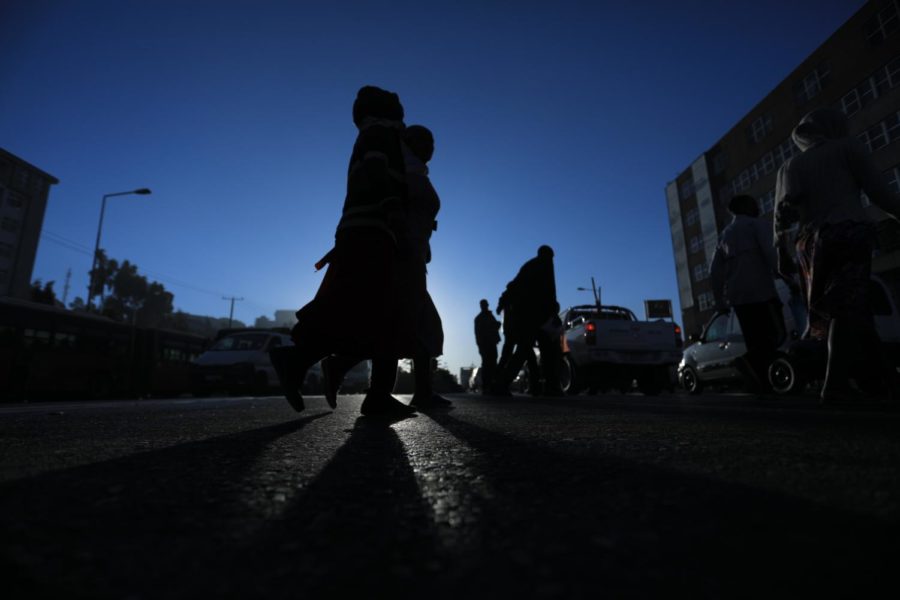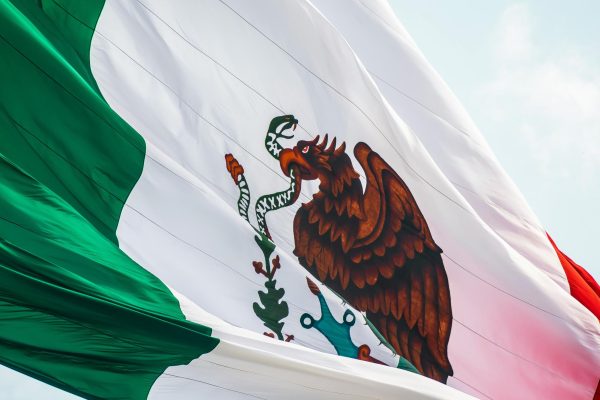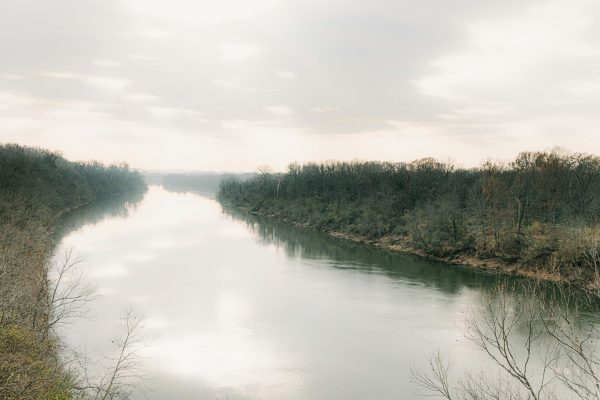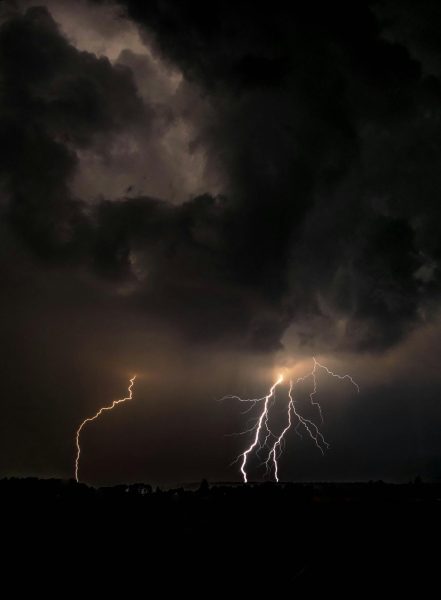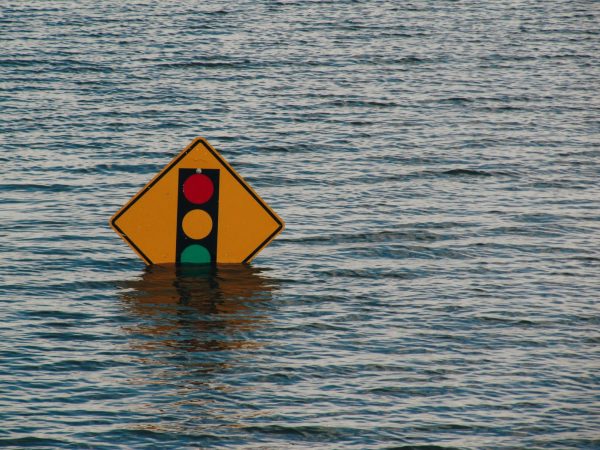Rebel Forces Threaten Ethiopian Capital
November 17, 2021
On November 6, rebel forces in Ethiopia threatened the country’s capital, Addis Ababa. This has put the Ethiopian military on edge, and the Ethiopian government has been working to expand its military in order to counter any rebel attacks.
The civil war in Ethiopia, known as the Tigray war due to the conflict taking place in the country’s northern Tigray region, began one year ago. The conflict‘s origin is in the election of Ethiopian Prime Minister Abiy Ahmed. His election toppled the decades-long dominance of the Tigray People’s Liberation Front, or TPLF, in the Ethiopian government. The TPLF began in the 1970s as a group of rebels in the Tigray region, but by 1991 became the ruling party in Ethiopia. Abiy became the Prime Minister as a result of anti-government protests which began in 2016.
Upon his rise to power, Abiy began diminishing the power of the TPLF, causing their retreat to the Tigray region. Tensions rose, and fighting eventually broke out. Though the Ethiopian government had some early victories, they were ultimately forced to withdraw from the region. This opened the way for the TPLF to advance on Addis Ababa. The TPLF was within 200 miles of the capital in early November. Abiy also declared a state of emergency this month.
At the time of writing, it appears that Ethiopia’s civil war will go on for a long period, especially if the TPLF manages to capture Addis Ababa. The conflict may become so serious that UN intervention becomes necessary.
As Ethiopia is a major political and economic power in Africa, this war could have major implications for the continent, specifically for the Horn of Africa. Eritrea sees the TPLF as a major threat and has backed the Ethiopian government. Sudan is also already involved in a tense border conflict with Ethiopia. The collapse of the Ethiopian state could be disastrous for the already tense relations in the region. The horn of Africa is also a strategically important place for the US to hold troops, and thus the US has a stake in a peaceful settlement.



